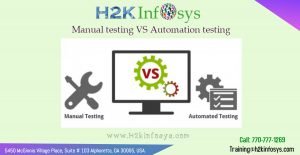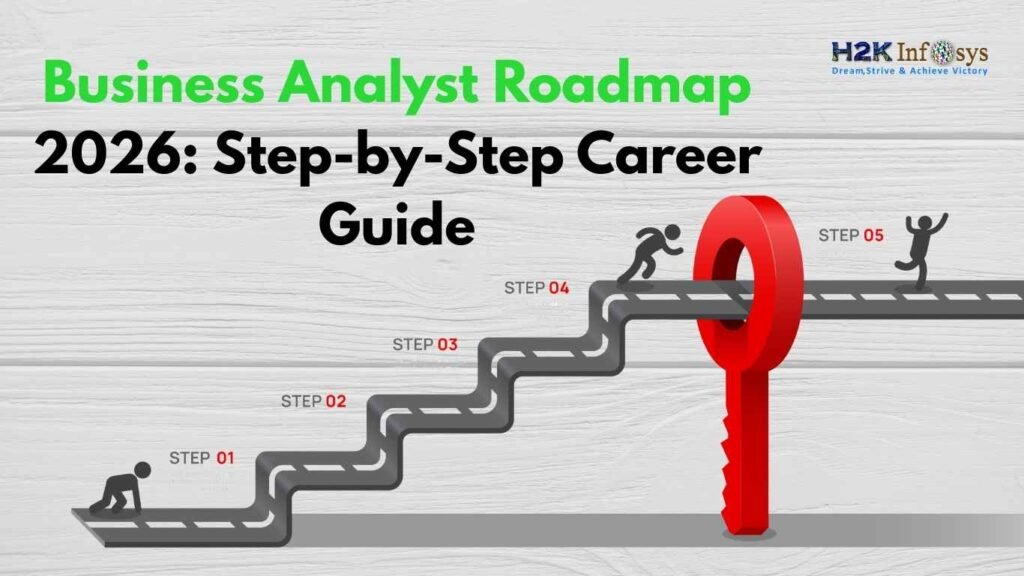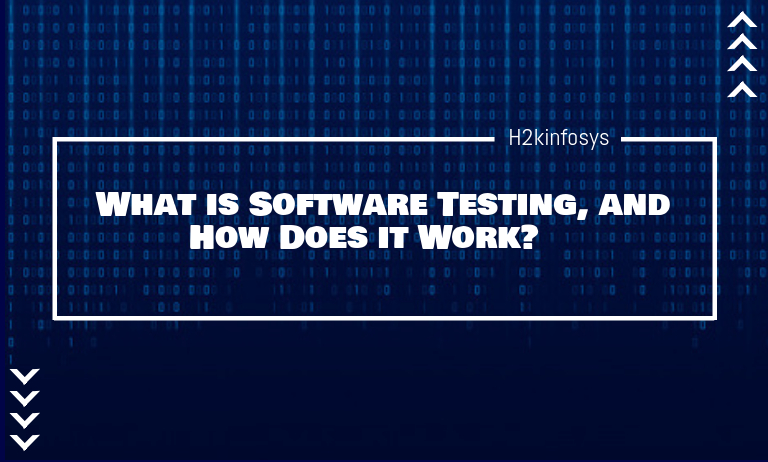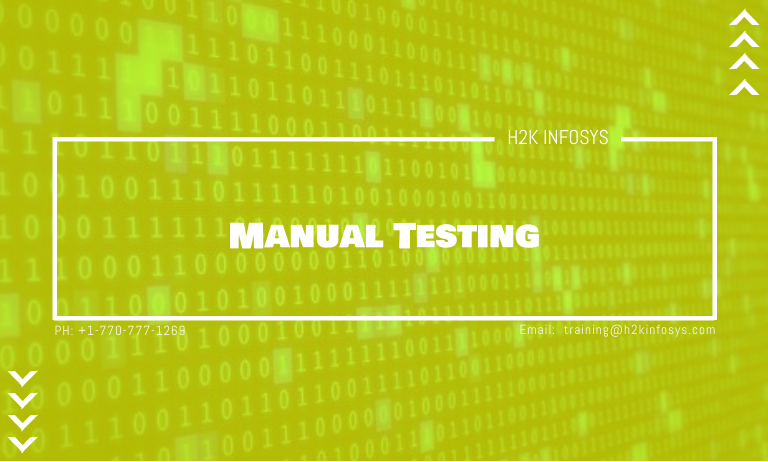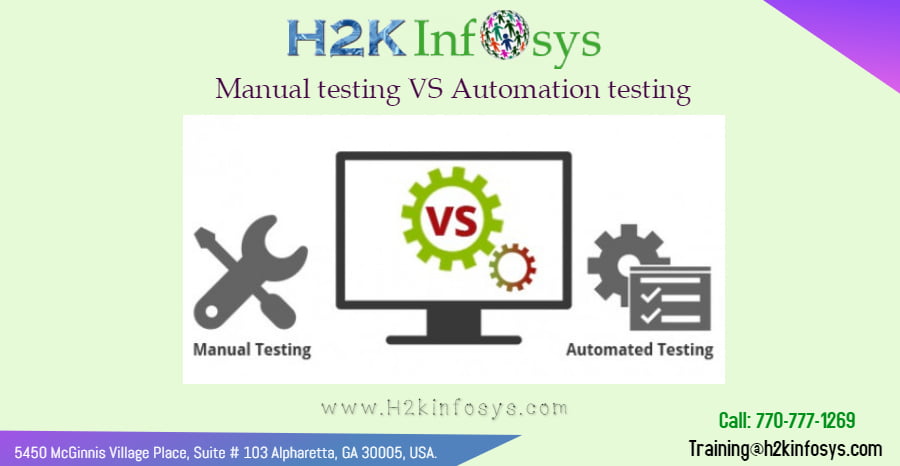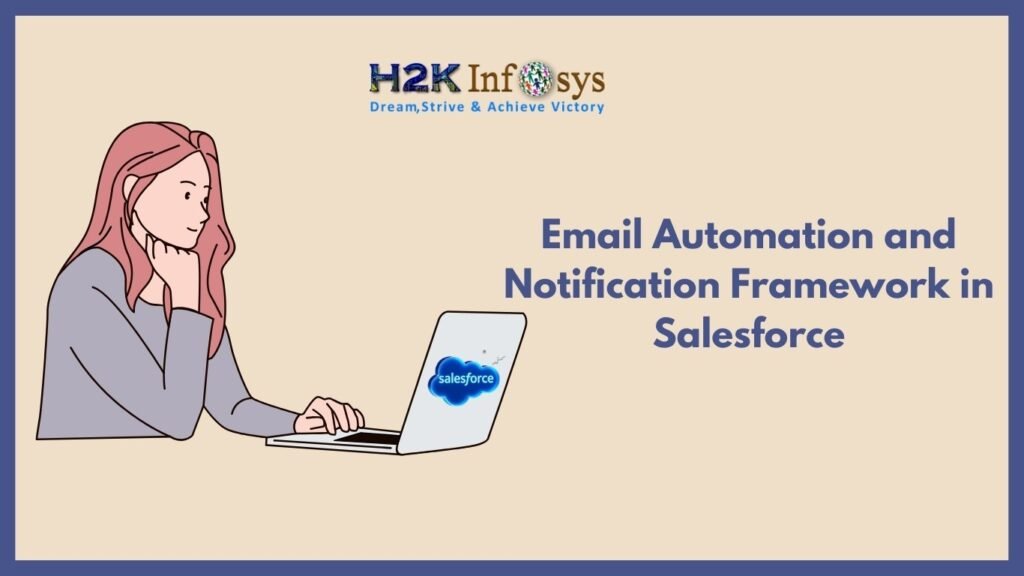Despite what many people think, branding is not solely the domain of companies. Every professional, including business analysts, has a unique background, aspirations, and areas of expertise that can be highlighted and shared. Personal branding is the process of showcasing these individual traits, skills, and values to create a distinct identity that sets you apart from others in your field.
In today’s increasingly digital world, personal branding is no longer just a “nice to have” it is now a necessity. Professionals are expected to maintain an online presence that reflects their expertise and career goals. Whether through social media profiles, personal websites, or thought leadership content, personal branding allows individuals to position themselves as experts in their field.
By developing a strong personal brand, you can attract opportunities, build credibility, and establish a network of peers and mentors who recognize your value. In fields like business analysis, where competition is fierce, having a well-defined personal brand can be a key differentiator that opens doors to new projects, promotions, and career advancement.
In essence, personal branding is about taking control of your professional narrative. It’s about demonstrating your strengths and achievements in a way that resonates with your target audience, whether that’s employers, clients, or colleagues. With a robust personal brand, you not only enhance your visibility in the industry but also reinforce your credibility and trustworthiness as a business analysis professional.
It has several interesting offerings, which is a plus.
Strong brands stand out from the competition. Additionally, establishing a strong personal brand for yourself as a business analyst will open up additional doors, raise your profile, and improve client interactions. You can enroll at a good Business Analysts Training to learn more about personal branding.
When you build a personal brand, you’re showcasing your unique expertise, insights, and approach to business analysis. This positions you as a thought leader in the field, someone who can provide value and solutions to complex challenges. With a strong personal brand, you can attract higher-quality opportunities, whether that’s securing better projects, building stronger client relationships, or being sought after for strategic roles.
In addition to improving client interactions and boosting your professional network, a personal brand can also help you align your career with your passions and long term goals. It’s a way of taking control of your professional identity, ensuring that you’re recognized for your unique strengths and contributions.
Understand the value of Branding
Branding is one of the most powerful tools in business today. It goes beyond just a logo or a catchy slogan; branding is about creating an identity, an emotional connection, and a reputation that resonates with customers, stakeholders, and even employees. At its core, branding reflects who a company is, what it stands for, and how it is perceived in the market.
Why Branding Matters
- Differentiation: In a crowded market, branding helps businesses stand out. It provides a unique identity that sets a company apart from its competitors. A strong brand communicates what makes a product or service different and why it matters to the consumer.
- Trust and Credibility: Branding builds trust. A consistent, high-quality brand experience creates credibility with consumers. When people recognize and trust a brand, they are more likely to choose it over alternatives, leading to customer loyalty and repeat business.
- Emotional Connection: Successful branding connects with customers on an emotional level. Brands that evoke feelings of happiness, security, or inspiration have the power to form long-lasting relationships. Emotional connections lead to higher customer retention and advocacy.
- Value Proposition: Branding also clarifies your company’s value proposition. It tells customers what benefits they can expect and what problem your product or service solves. The clearer the brand message, the more likely customers will understand its value.
- Business Growth: A well-established brand creates an edge in the marketplace, which can drive both current and future growth. Strong brands command higher prices, attract better talent, and expand into new markets with ease.
Branding is an investment, not an expense. It shapes perception, drives loyalty, and ultimately determines business success. In today’s competitive landscape, understanding the value of branding is crucial for long-term growth and sustainability.
Use Social Media to Build Your Brand!
Because business executives and professionals are evaluated based on their social media presence in addition to their jobs and achievements. They may stand out to others if they seem content and enthusiastic about their own careers, which can also help them develop their own brands.
Professionals who exude contentment and enthusiasm for their careers tend to attract attention and opportunities. Their passion becomes contagious, making them more memorable to colleagues, potential employers, or clients. By sharing their journey, challenges, and successes, they are not only building their own brand but also inspiring others along the way.
Ultimately, developing a strong personal brand through social media can open doors to new professional relationships, opportunities for career growth, and increased recognition in their field. It allows professionals to craft a narrative around their career, making them more approachable, relatable, and visible to a global audience. This kind of personal branding is essential for anyone looking to thrive and grow in today’s digital age
You can create your own brand in a variety of ways using social media, including:
- To showcase your work and personality, tweet and post to your professional network.
- Repost news articles from your favourite industry news sources.
- Engage with people on your network and spread their stories to others.
- Tag other professionals you know who have similar skills and interests.
Put your personal brand into practice in every area of your life.
Your personal brand is not just a professional tool it’s a reflection of who you are, how you present yourself, and how others perceive you in every aspect of your life. Building a strong personal brand is about authenticity, consistency, and aligning your actions with your values, goals, and aspirations. But the work doesn’t stop at creating a brand it’s about putting that brand into practice in all areas of your life.
Professional Life: Consistency is Key
In your professional life, your personal brand plays a significant role in how colleagues, clients, and employers perceive you. This is where your skills, expertise, and core values should shine through consistently. Whether in meetings, networking events, or even in casual interactions, ensure that your actions reflect the qualities you want to be known for, whether that’s leadership, creativity, reliability, or empathy.
- Social Media: Your online presence plays a significant role in your professional brand. Keep your LinkedIn profile, personal website, and other professional platforms updated with your latest achievements, skills, and insights.
- Communication: How you communicate both in writing and speaking should align with your brand. If you’re known for being a problem-solver, make sure your responses reflect that, offering solutions, insights, and ideas.
Personal Life: Be Authentic and True to Yourself
Your personal brand extends beyond your professional life into your personal relationships and interactions. It’s about embodying the same values and principles you present at work, but in your day-to-day life. Are you known for kindness, reliability, or creativity? Put these traits into action when you interact with family, friends, and community.
- Social Interactions: Your personal brand should come through in the way you build relationships. If integrity is a key part of your brand, be sure to show it through your actions, whether it’s keeping promises to loved ones or being honest in difficult conversations.
- Personal Style: How you dress, the hobbies you engage in, and the way you present yourself in your personal life all contribute to your personal brand. Whether you prioritize comfort or style, ensure it aligns with the image you want to project.
Health and Well-Being: Aligning Your Values
Personal branding isn’t limited to how others see you it’s also about how you see yourself. Aligning your personal brand with your physical and mental well-being is essential for maintaining a balanced, healthy life. If you promote a lifestyle of balance, mindfulness, or fitness, it’s important to practice these values in your personal routines.
- Physical Health: Make time for exercise, proper nutrition, and self-care. If your brand includes being energetic and health-conscious, living a lifestyle that matches these values will reinforce your personal brand.
- Mental Well-Being: Incorporating mindfulness or a growth mindset into your life can also positively reflect on your personal brand. Demonstrating self-awareness, emotional intelligence, and a positive attitude will resonate with those around you.
Personal Growth: Evolving Your Brand
Your personal brand isn’t static it should evolve as you grow. Be open to refining your brand as you gain new experiences, learn new skills, and mature. Consistently ask yourself, “Does my brand still reflect my current values and aspirations?” Being adaptable and open to change is an important aspect of a strong personal brand, especially in an ever-changing world.
Putting your personal brand into practice isn’t just about projecting a polished image; it’s about living your brand authentically in every area of your life. Whether at work, in personal relationships, or with your health and well-being, consistently reflecting your brand will help you build a reputation that aligns with your true self. The key is to be intentional about how you present yourself and ensure that every action you take reflects the values you want to promote. A personal brand isn’t something you switch on and offit’s something that should resonate in everything you do.
Why is personal branding important?
A business is similar to personal branding in that each corporate entity has a distinct personality that characterizes it. This also applies to brand ambassadors. It’s critical to develop your own brand if you hold a leadership position. This is why.
It is said to be a trend, but personal branding is not. It has been used by professional sportsmen for decades to draw spectators, sponsors, and money. It has been around for years, at least since the time of the ancient Greeks. Numerous elements such as an image, a name, a logo, a tagline, and a biography go into creating a personal brand. Today, even in fields like business analysis, building a personal brand can set you apart. Enrolling in an Online Business Analyst Course not only sharpens your skills but also adds credibility to your professional image. If you want to be seen and take full advantage of personal branding, consider these 5 tips.
The first thing to keep in mind is that you must first reflect before developing your brand. As you develop your brand, ask yourself the questions that will help you. like “Who am I? Who do I want to be remembered as?
It will be simpler to move forward with the creation of your brand after you can respond to these questions. As you use your personality and abilities to spread your message to the world, you should be aware that your brand is a combination of both. This could take the shape of a podcast, book, blog, etc.
Your personal brand is a reflection of both your expertise and your individuality. It’s the combination of your professional skills and your personal values that makes your brand truly unique. Whether you choose to express this through a podcast, book, blog, or other platforms, the goal is to create a lasting impression that resonates with your audience.
As you build your brand, you are telling a story your story. It’s about how you can solve problems, provide insights, and influence others, all while staying authentic to yourself. With the right approach, your brand can open doors to new opportunities, establish you as a thought leader in business analysis, and inspire others to connect with you professionally and personally.
Remember, creating a personal brand is an ongoing journey. It evolves as you grow in your career, and the platforms you use whether it’s social media, a blog, or even public speaking are simply tools to help amplify your message to the world.
The first advice you ought to take into account is:
- Who am I trying to be?
- Make a website that represents you.
- Improve your networking abilities
- Join social media conversations.
Personal branding is a practice that ought to be treated more like a business than a pastime. If you tackle it carefully, the value of your personal brand can convert into a greater income, but it should not be ignored.
Conclusion
While working for a large organisation may be your ultimate aim, developing your own personal brand is equally vital.
But how do you go about doing this? How do you develop a unique identity that makes you stand out, contributes to your uniqueness, and entertainingly and interestingly conveys your own story?
Attempt to establish a powerful personal brand. It will assist you in creating a clear mission statement, finding your voice, and maintaining consistency. If you can accomplish these three things, your level of success will significantly grow over time.
What project are you engaged in? What will your personal brand change and what does it say about you? How can you start moving these things along right away?
Make your personal brand into a true asset rather than a liability by taking the next step.
Take the next step and make your personal brand a true asset, rather than a liability. Check out the Business Analysis Online Training to learn more. Take the next step in building your personal brand and career by enrolling in our Business Analyst Training program today. Provides flexible online classes, expert led instruction, and real-world projects designed to help you stand out in the job market.












